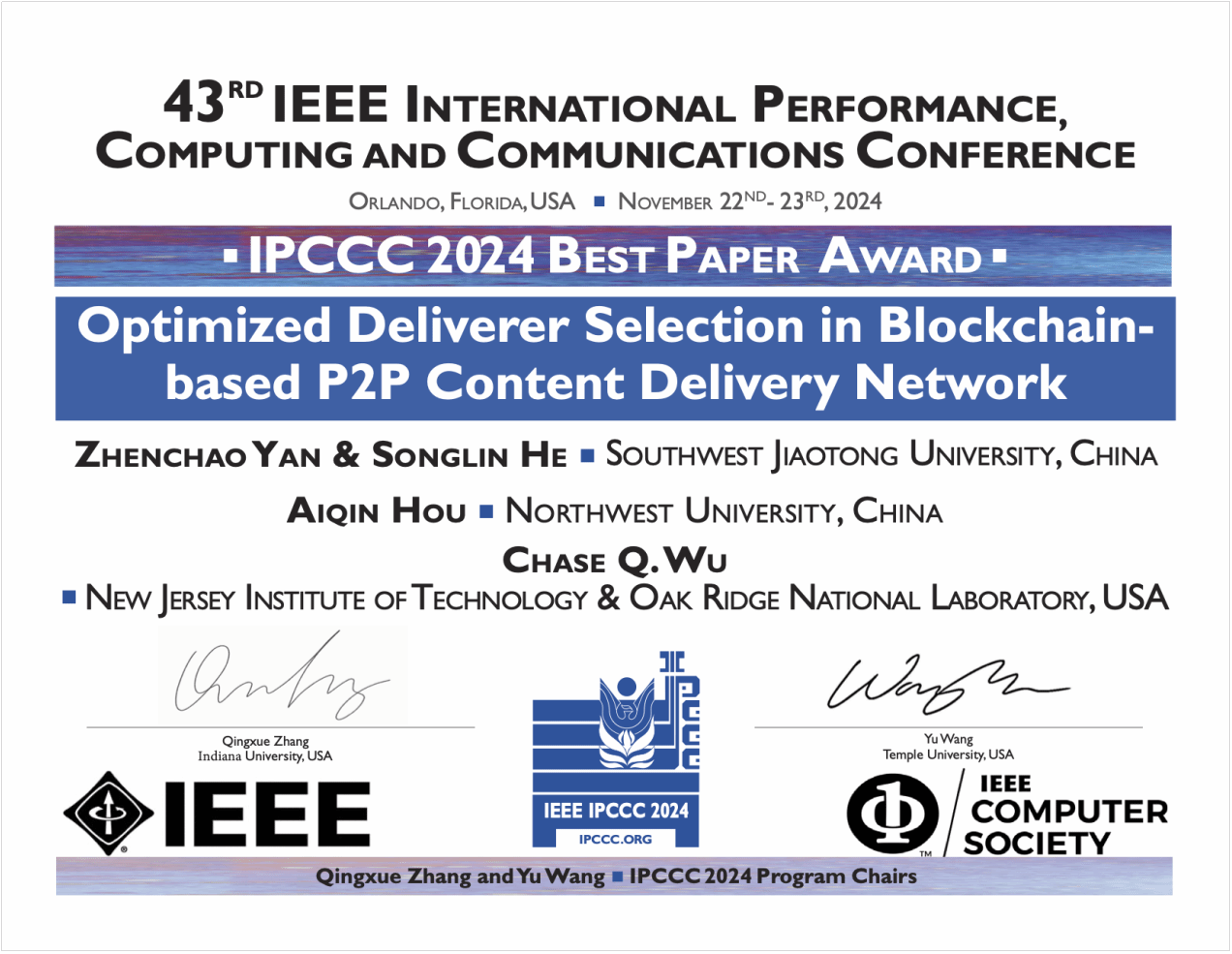With the advance and innovation of digital technologies, generative artificial intelligence (AI) has found widespread applications across education, daily life, and professional work. It has brought about significant changes in areas such as reshaping educational philosophies, expanding ways of thinking, and enhancing information access and utilization.
In response to these developments, the University Library, in collaboration with the School of Computing and Artificial Intelligence, has meticulously designed and launched a new general education course entitled “Frontiers in AI Applications: Methods, Thinking, and Ethics”. The course will officially begin in the first semester of the 2024-2025 academic year, open to all students across the university. Its goal is to provide students with a comprehensive and systematic understanding of AI, cultivating their AI literacy, innovative mindset and practical abilities, thereby equipping students with the core competencies necessary to thrive in the age of AI and preparing them to meet the demands of the new era.
Positioned as a general education course on AI, the course is accessible to students with no prior background in the field, making it suitable for undergraduate students across all disciplines. The model of the course is “interactive, inquiry-based and project-based”, integrating diverse methods such as case studies, classroom debates, and group discussions to create an active learning environment and stimulate students’ innovative thinking and collaborative problem-solving skills. A hands-on training module has been specially designed to provide students with access to powerful AI computing resources and immersive experience spaces. This enables students to directly engage in creating personal AI agents and large local models, promoting the practical application of theoretical knowledge in real-world learning scenarios. The course will be jointly taught by a team of senior professors and faculty members from the University Library and the School of Computing and Artificial Intelligence.
 He Songlin Granted the Best Paper Award at IEEE IPCCC 2024
He Songlin Granted the Best Paper Award at IEEE IPCCC 2024
 Prof. Wu's Team Bestowed Best Paper Award at ACM Multimedia Asia 2024
Prof. Wu's Team Bestowed Best Paper Award at ACM Multimedia Asia 2024
 Alumnus Xi Yue Graced the Cover of 2024 Forbes 30 Under 30 China List
Alumnus Xi Yue Graced the Cover of 2024 Forbes 30 Under 30 China List
 The 15th Asia-Pacific Symposium on Engineering Plasticity and its Applications
The 15th Asia-Pacific Symposium on Engineering Plasticity and its Applications
 General Education Course on “Frontiers in AI Applications: Methods, Thinking, and Ethics”
General Education Course on “Frontiers in AI Applications: Methods, Thinking, and Ethics”